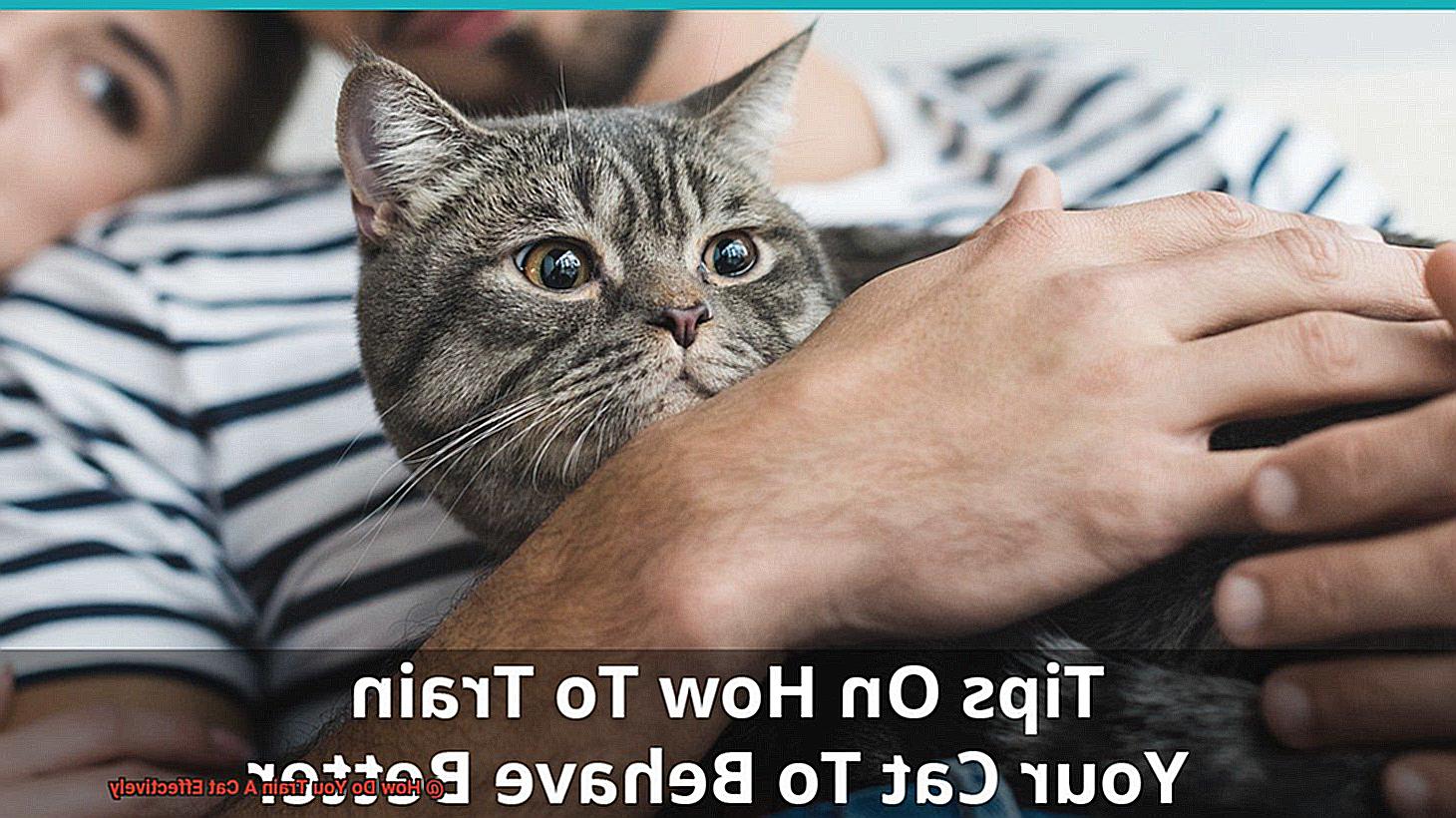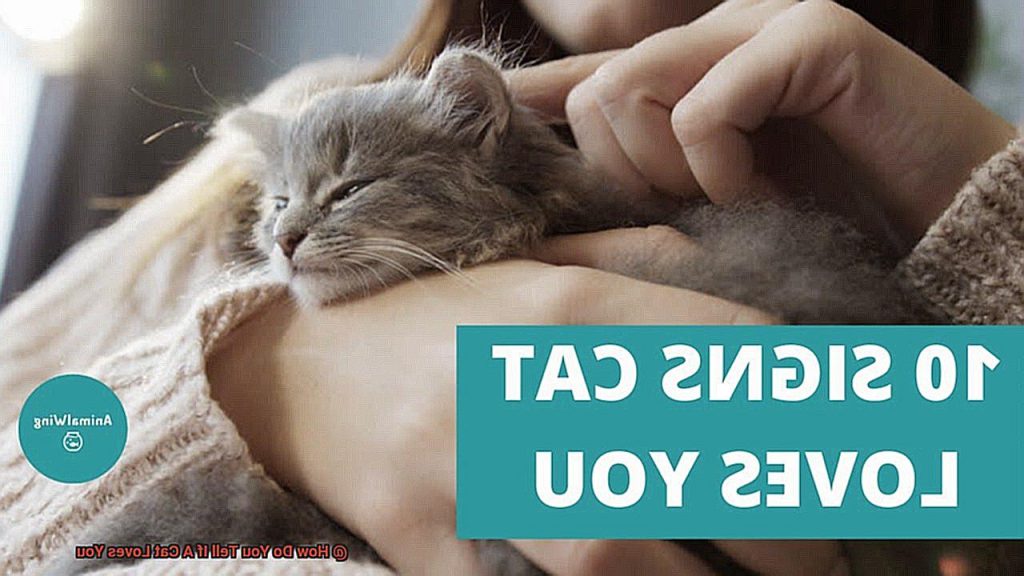Newborn kittens. So tiny, so fluffy, so incredibly cute. But let’s be real here, they can also be a bit of a handful.
Especially when it comes to their crying habits. You may have noticed that these little furballs cry a lot more than adult cats.
And if you’re a new pet owner or have recently adopted a litter of kittens, this can be a cause for concern. But fear not.
So grab your tea and let’s dive in.
Is It Normal For Newborn Kittens To Cry A Lot?
Contents
As a cat owner, there’s nothing more heartwarming than the sound of a kitten’s meow. But what about the high-pitched cries of newborn kittens? Don’t worry, it’s completely normal for them to cry a lot in their first few weeks of life. As an expert on the topic, I’m here to shed some light on this behavior and help you understand why your little furball may be mewing so much.
Communication is Key
Newborn kittens use crying as a way to communicate with their mother and littermates. They are born blind and deaf, so they rely heavily on vocalization to express their needs and desires. Whether they’re hungry, cold, or seeking comfort, crying is their way of saying “meow” to their family.
It’s Not the Same as Meowing
It’s important to note that the crying of newborn kittens is different from the meowing of adult cats. While adult cats have a distinct meow, newborn kittens have a high-pitched and weak cry. So don’t worry if you can’t differentiate between the two just yet – it takes time to develop that keen cat ear.
External Factors Can Trigger Crying
Just like us humans, kittens can also be sensitive to their surroundings. Loud noises, unfamiliar scents, or rough handling can all contribute to their crying. It’s important to create a calm and safe environment for your little ones to reduce their distress.
Separation Anxiety is Real
Kittens are highly dependent on their mother for survival and comfort. So when they are separated from her or their littermates, they may cry for reassurance and comfort. This is completely normal and will decrease as they grow older and more independent.
Potential Health Issues
While crying is a natural behavior for newborn kittens, it’s important to pay attention if it persists for an extended period of time or is accompanied by other symptoms. It could be a sign of an underlying health issue, and it’s best to consult with a veterinarian for proper diagnosis and treatment.
The Natural Instincts of Newborn Kittens to Cry
As a cat owner, you may have experienced the constant crying of newborn kittens and wondered why they do it. While it can be frustrating at times, it is essential to understand that crying is a natural instinct for these young felines. In this blog post, I will delve into the significance of crying for newborn kittens and how it plays a crucial role in their development and survival.
Why Do Newborn Kittens Cry?
Just like human babies, newborn kittens use crying as a way to communicate their needs. They are completely dependent on their mother for survival, and crying is their way of getting her attention. With their limited senses of sight, hearing, and smell, crying is the only way for them to locate their mother’s milk and warmth.
The Importance of Crying for Development
The first few weeks of a kitten’s life are crucial for their development, and crying is an essential part of that. By crying, they build a bond with their mother and siblings and develop their vocal skills. It also helps them regulate their body temperature as they are unable to control it on their own in the first few weeks of life.
Crying also serves as a survival mechanism for newborn kittens in the wild. While it can attract predators, it can also help alert their mother if they are in danger. This instinct has been passed down from their wild ancestors who needed to communicate with their mothers in potentially dangerous environments.
Hunger is another common trigger for newborn kittens to cry. Like all babies, they need to eat frequently to fuel their rapid growth rate. Their small stomachs can only hold a small amount of milk at a time, so they need to feed frequently. Crying is their way of asking for food.
What Can You Do to Help?
If you are a new cat owner, you may feel overwhelmed by the constant crying of newborn kittens. It is essential to understand that this is part of their natural development process, and trying to suppress it could hinder their growth and bonding with their mother.
However, there are some things you can do to help soothe your kitten’s cries. Creating a warm, quiet, and comfortable environment for them can help them feel more secure and calm. You can also try using a soft blanket or hot water bottle to mimic the warmth of their mother’s body.
The Importance of Proper Nutrition for Newborn Kittens
Just like human babies, kittens have specific nutritional needs that are crucial for their growth and development. In this section, we will discuss the crucial role of nutrition in the life of a newborn kitten and what you can do as a responsible pet owner to ensure your furry little friend gets all the necessary nutrients it needs to thrive.
The Nutrients Found in a Mother Cat’s Milk
A mother cat’s milk is often referred to as “liquid gold” for a good reason. It contains all the vital nutrients that a newborn kitten needs to survive and grow. These include proteins, fats, vitamins, and minerals. Additionally, a mother cat’s milk is also rich in antibodies that boost the kitten’s immune system and protect it from diseases. This is why it is crucial for kittens to nurse from their mother for at least the first four weeks of their life.
The Need for Nursing from the Mother Cat
Aside from providing essential nutrients, nursing also serves as a way for newborn kittens to bond with their mother and siblings. The first few weeks of a kitten’s life are crucial for its growth and development, and nursing plays a significant role in this process. It also helps regulate the kitten’s body temperature and provides comfort and security.
Alternatives for Orphaned Kittens
In some cases, a mother cat may be unable to nurse her kittens or may not be present at all. In such situations, it is important to provide the newborn kittens with a suitable milk replacement formula. These formulas are specifically made for kittens and closely mimic the composition of a mother cat’s milk.
Feeding Schedule and Weight Gain Monitoring

Newborn kittens should be fed every 2-3 hours in their first week of life, gradually increasing to every 4-6 hours as they grow older. It is important to monitor a kitten’s weight gain to ensure it is receiving enough nutrition. A healthy kitten should gain about 10% of its body weight per day in the first week and about 5% per day in the following weeks.
Hydration for Kittens
Proper hydration is crucial for newborn kittens as they can become dehydrated quickly. It is important to make sure they have access to fresh water at all times. This can be done by providing a shallow dish of water that is easily accessible to the kittens.
Identifying Signs of Illness in Newborn Kittens
As a cat owner, you may have experienced the joy and excitement of welcoming a litter of newborn kittens into your home. These tiny, fluffy felines are undeniably adorable, but they are also vulnerable and require extra care and attention. One important aspect of caring for newborn kittens is monitoring their health closely. Excessive crying can be a sign of illness in newborn kittens, and it is crucial to understand the importance of recognizing these signs and seeking veterinary care.
Signs of illness in newborn kittens can be subtle, so it is important to pay close attention to your kitten’s behavior. If your kitten is crying excessively, alongside other symptoms such as lack of appetite, lethargy, or diarrhea, it could be a sign of an underlying health issue. As an expert in identifying signs of illness in newborn kittens, I have seen firsthand the importance of closely monitoring their health and seeking prompt medical attention.
So why do newborn kittens cry? There are several reasons why a kitten may cry excessively. It could be a result of an infection, such as an upper respiratory infection or digestive tract infection. Infections can weaken a kitten’s immune system and make them more prone to crying and other health issues. Dehydration can also cause excessive crying in newborn kittens, which can quickly become dangerous if left untreated. If you suspect your kitten may be dehydrated, it is important to seek veterinary care immediately.
In some cases, excessive crying in newborn kittens may be caused by birth defects or underlying health conditions such as cleft palates, heart defects, or neurological disorders. These conditions can be serious and require immediate veterinary attention. Additionally, external factors such as loud noises or changes in environment can also cause a kitten to cry excessively. However, if these factors have been ruled out and your kitten continues to cry excessively, it is important to seek veterinary care to rule out any underlying health issues.
As a responsible pet owner, it is important to be aware of your kitten’s behavior and seek medical attention if you notice any concerning symptoms. Closely monitoring your kitten’s health can also help prevent potential health issues from progressing. Remember, newborn kittens are fragile and can easily become sick, so it is important to take prompt action if you notice any signs of illness.
Separation Anxiety: How It Affects Newborn Kittens’ Crying
Newborn kittens are undoubtedly one of the most adorable and precious creatures on this planet. With their soft fur, tiny paws, and playful antics, it’s hard not to fall in love with them instantly. However, along with all the cuteness comes a few challenges, one of which is separation anxiety.
What is Separation Anxiety?
Separation anxiety is a common issue for newborn kittens and can contribute to excessive crying. It is a condition that occurs when a kitten is separated from its mother and littermates. Just like human babies, kittens are social creatures and crave the presence of their family. When they are taken away from their familiar surroundings, they can experience feelings of fear and loneliness, leading to increased crying.
Causes of Separation Anxiety
There are various reasons why a kitten may develop separation anxiety. Here are some of the most common causes:
- Being separated from their mother and littermates at a young age
- Changes in their environment, such as moving to a new home or being introduced to new people or pets
- Lack of socialization during the critical first weeks of life
- Past traumatic experiences

Effects of Separation Anxiety
Separation anxiety can have adverse effects on a kitten’s physical and emotional well-being. Excessive crying can lead to dehydration and exhaustion, making them susceptible to illness. It can also cause behavioral issues such as aggression, destructive behavior, and litter box problems.
How to Help Your Kitten with Separation Anxiety
As pet owners, it is essential to understand that separation anxiety is a normal behavior for newborn kittens. However, there are steps you can take to help your little one cope with this condition:
- Provide a warm and comfortable environment: Make sure your kitten has a cozy bed, toys, and a litter box in a quiet room where they can feel safe and secure.
- Gradually introduce them to new people and pets: If you are introducing your kitten to new family members or pets, do so gradually and under close supervision to avoid overwhelming them.
- Use calming techniques: Try using familiar scents or playing soothing music to help your kitten feel more at ease.
- Seek veterinary care: If the crying persists for an extended period or becomes excessive, it’s crucial to consult your veterinarian. They can rule out any underlying medical issues and provide helpful tips for managing separation anxiety.
Personality Differences in Newborn Kittens and Their Vocalization
The meows and cries of newborn kittens are enough to melt anyone’s heart. But have you ever noticed that some kittens seem to be more vocal than others? Just like humans, kittens have different personalities, and this can greatly influence their vocalization. As a cat owner, it is essential to understand the factors that can affect a kitten’s vocalization and how to address excessive crying or meowing.
Personality Differences in Newborn Kittens:
Kittens, just like humans, are born with unique personalities. Some may be more outgoing and adventurous, while others may be shy and reserved. This individuality also extends to their vocalization. Some kittens may be more vocal than others, while some may hardly make a peep. This can be influenced by genetics, as certain breeds are known to be more talkative than others. So if you have a Siamese or a Bengal kitten, don’t be surprised if they are more chatty than your neighbor’s Persian kitten.
Early Experiences:
A kitten’s early experiences can also play a role in its vocalization. If a kitten is separated from its mother and littermates too early, it may develop separation anxiety.
This can cause it to cry excessively as a way of seeking comfort and security. On the other hand, if a kitten is raised in a noisy or chaotic environment, it may become accustomed to loud noises and cry less.
Environmental Factors:
The environment that a kitten is raised in can also affect its vocalization. If a kitten is kept in a small space without much stimulation, it may become bored and cry for attention.
On the other hand, if a kitten has plenty of toys and activities to keep it occupied, it may not feel the need to cry as often.
Health Issues:
While crying is a natural form of communication for kittens, excessive crying or meowing could also indicate underlying health issues. If a kitten is in pain or discomfort, it may cry more often to communicate its distress.
If you notice that your kitten’s crying seems excessive or out of the ordinary, it is essential to consult a veterinarian to rule out any health problems.
Tips for Soothing a Crying Newborn Kitten
But nothing could prepare you for the high-pitched cries and constant meowing coming from your little furball. It’s normal to feel worried and overwhelmed when your kitten won’t stop crying, but don’t worry, we’ve got you covered. As an expert on caring for newborn kittens, I’m here to share my top tips for soothing a crying newborn kitten.
Meet their basic needs
The first step in calming a crying newborn kitten is to ensure that all of their basic needs are met. Kittens cry for various reasons, including hunger, discomfort, or simply seeking attention. By providing them with enough food, warmth, and a clean and comfortable sleeping area, you can rule out any immediate causes of distress.
Newborn kittens have small stomachs and need to be fed every 2-3 hours. Make sure to provide them with a warm and cozy spot to nurse and keep an eye on their weight gain. Keeping the kitten warm is also crucial as they cannot regulate their body temperature yet. You can use a heating pad or a hot water bottle wrapped in a towel to provide warmth.
Comfort them with touch and sound
Just like human babies, kittens crave physical contact and reassurance. If your kitten continues to cry despite having all its basic needs met, try comforting it by gently stroking its fur or placing it close to your body so it can feel your warmth and heartbeat. This mimics the feeling of being close to their mother.
Background noise can also help soothe a crying kitten. Soft music or white noise can mimic the sounds they would hear from their mother’s heartbeat and purring. This can provide a sense of security and calmness for your kitten.
Keep their environment warm and comfortable
In addition to providing warmth through touch, it’s important to keep the kitten’s environment warm and draft-free. A cold environment can make them cry as they cannot regulate their own body temperature yet. Make sure to keep the room at a comfortable temperature and avoid placing them near air vents or open windows.
A clean and comfortable sleeping area is also important for a newborn kitten’s well-being. Make sure to change their bedding regularly and keep the area free of dirt and debris. This will not only keep your kitten happy but also promote good hygiene and prevent infections.
Address possible causes of distress
If your kitten continues to cry despite having all its basic needs met, it’s important to address any possible causes of distress. Gently stroke their body to see if they react in pain, and check for any signs of illness or injury. If you notice anything concerning, consult a veterinarian immediately.
Conclusion
In conclusion, it is completely normal for newborn kittens to cry a lot.
This is their way of communicating their needs and seeking comfort from their mother. However, excessive crying could also be a sign of an underlying issue that needs to be addressed.
As pet owners, it is important to pay attention to our kittens’ cries and address any concerns promptly. Remember, these little furballs are just learning how to navigate the world and they need all the love and care we can give them.
So don’t be alarmed if you hear some loud meowing coming from your kitten, it’s just part of their natural development.






